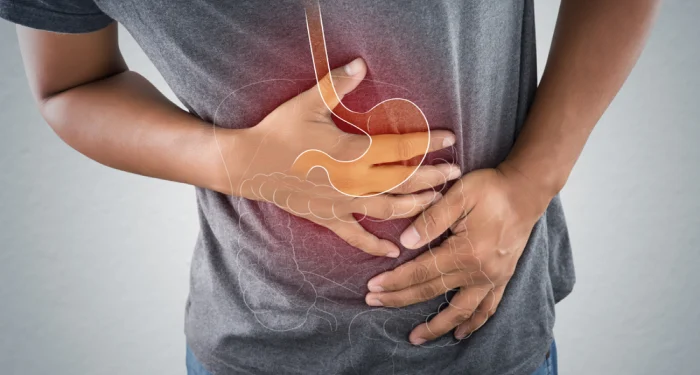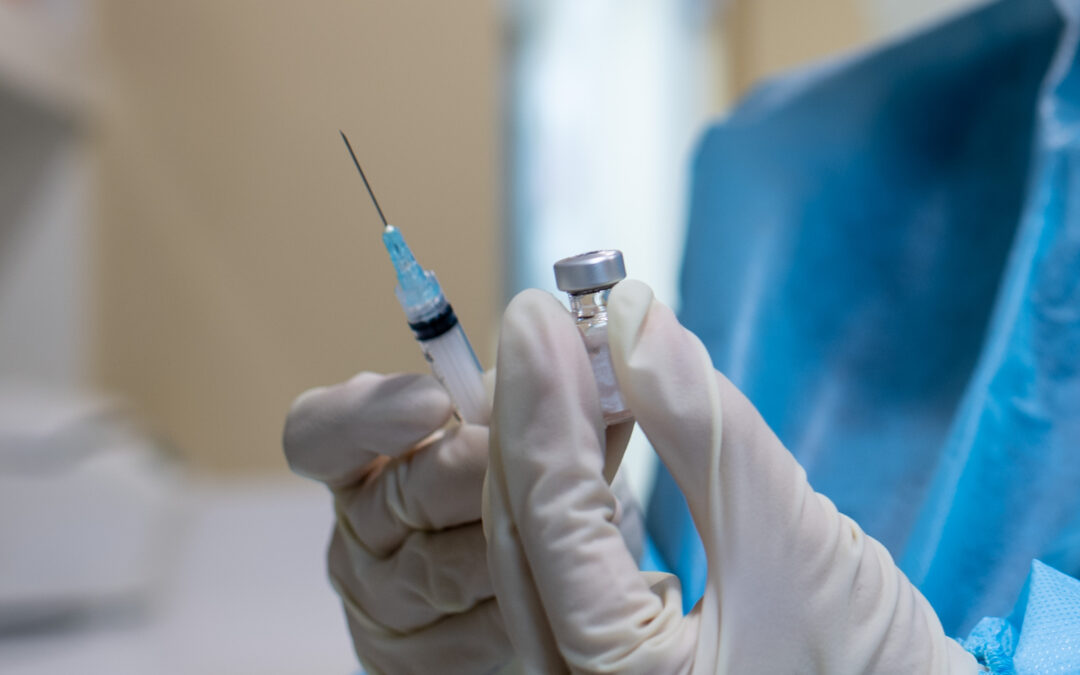Chest Pain can be caused by many underlying disorder which can be very simple like some gastric trouble to life threatening like angina or aortic dissection. Every patient with chest pain should be treated with utmost care and all possible investigation should be done to exclude any life threatening disorders.
Important causes of chest pain
Pulmonary embolism
Chest pain due to pulmonary embolism is mostly pleuritic , especially when pulmonary infarction develops. Chest pain is associated with dyspnea, tachycardia and hypoxemia. EKG is most of the time nonspecific but may show S wave in lead 1, Q wave in lead 3 and T wave in lead 3 (S1Q3T3). Spiral chest CT lung scan usually confirms the diagnosis. Pulmonary angiogram may also be used.Pericarditis
Chest pain due to pericarditis is usually sharp, positional and pleuritic in nature. Chest pain may be relieved by leaning forward and pericardial rub is present. Pericarditis may be preceded by any viral illness. EKG changes may be present with ST elevation without formation of Q waves. Cardiac enzyme levels are normal and the pain responds well to anti-inflammatory agents.Myocarditis
Myocarditis may also be preceded by viral illness as in pericarditis, chest pain is generally vague and mild. CK levels (total) as well as MB fraction (CK-MB) are often elevated. Conduction abnormalities with Q waves might be present.Aortic Dissection
Chest pain due to aortic dissection is sharp and tearing in nature and extremely severe radiating to back. Loss of pulse or aortic regurgitation murmur often develops. On chest X ray look for midiastinal widening. Diagnosis is usually confirmed by MRI, transesophageal echocardiogram, CT scan or aortogram.Musculoskeletal Disorders
Osteochondritis, cervical osteoarthritis, radiculitis : Are one of the most common cause of chest pain. Pain is usually stabbing in nature, atypical and localized. Chest pain might be pluritic, changes with motion and palpation. EKG changes are absent.GastroIntestinal Disorders
Esophageal Reflux: Chest pain due to esophageal reflux is made worse with recumbency or after meals. The pain is associated with regurgitation and relieved by antacids. Episodes of spasms may occur due to ingestion of cold liquids also known as diffuse esophageal spasm or nutcracker esophagus. The chest pain is most of the time relieved by taking nitroglycerin. Diagnosis of esophageal re-flux is made by upper GI series, endoscopy or esophageal manometry. Peptic ulcer disease, pancreatitis, cholecystitis may sometimes mimic infarction but there is an element of abdominal pain and tenderness as well with radiation to back. USG confirms cholecystitis while in pancreatitis serum level of amylase is raised.Pneumothorax
Sudden abrupt onset of chest pain which is pleuritic in nature, absent breath sounds with shortness of breath is most of the time due to pneumothorax which can be confirmed by chest X ray.Myocardial Infarction
Chest pain due to myocardial infarction is more sever and usually more than 20 minutes. It might be associated with radiation to left arm and jaw with diaphoresis, perspiration, dizziness, vomiting and dyspnea. EKG changes are present depending upon the intensity and site of infarction. Cardiac enzymes are raised.Mitral Valve Prolapse
Chest pain due to mitral valve prolapsed is transient with midsystolic click murmur usually a young female with no risk factor.Aortic stenosis
Chest pain with typical systolic ejection murmur.Pleuritis
Pain is sharp and increases with inspiration or while taking deep breaths as in pneumonia, frictional rub or dullness maybe present. Respiratory or lung infection is present with other respiratory symptoms.Dr. Rahil Ahmad
Dr. Rahil is keen in practicing a holistic approach for the physical and mental well being with importance of preventive medicine and sustainable lifestyle changes of his patients of all ages.



